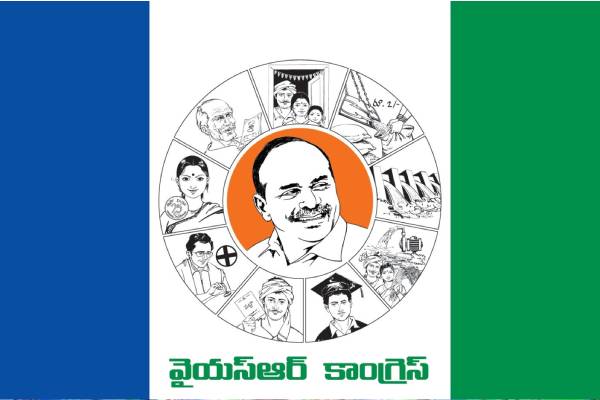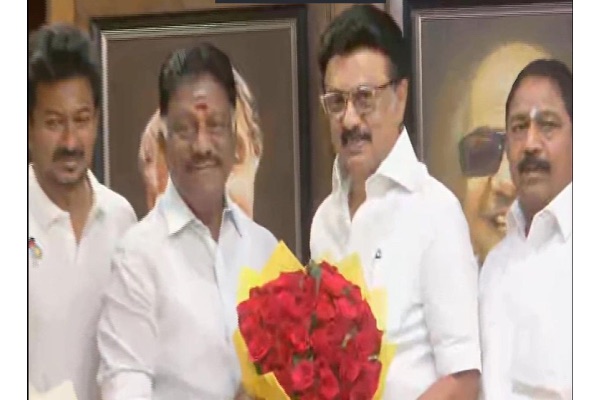In the wake of their crushing defeat in the recent Andhra Pradesh elections, where the YSR Congress Party (YSRCP) managed to secure only 11 out of 175 seats, the party’s leaders have begun a thorough introspection.
Top Reasons: Jagan’s style, I-Pac, and Volunteer System:
Initially, YSRCP leaders and certain media outlets attributed their humiliating loss to the alleged tampering of Electronic Voting Machines (EVMs). However, a more detailed and critical analysis is emerging as the dust settles. Many YSRCP leaders believe that Jagan Mohan Reddy’s leadership style contributed to their downfall. Some of them now state in front of the media that Jagan’s reluctance to listen to his party members and his disregard for their development requests alienated both the leaders and the electorate. This top-down approach created a disconnect between the leadership and the grassroots, ultimately harming the party’s prospects.
Another major factor under scrutiny is the role of I-PAC, the political consultancy firm. Jagan’s heavy reliance on I-PAC for strategy and information is seen as a critical misstep. Many leaders feel that I-PAC provided misleading data and strategies, which led to a false sense of security and unpreparedness for the ground realities. In addition, it also alienated cadres from the party. Another prominent YSRCP leader blamed it on the “Volunteer System” that alienated cadres from the party.
Other Reasons:
Leaders are also discussing a range of other issues that contributed to their electoral failure:
1. Political Vendettas: Jagan’s administration was marked by excessive vendetta politics and a dictatorial approach. The general public felt unsafe if they didn’t align with YSRCP, exemplified by the controversial arrests of not only political opponents like Chandrababu Naidu but also common people who voiced against Jagan’s ruling on social media.
2. Capital Destruction: Jagan’s dismantling of the Amaravati capital project, initiated by Naidu, and the problematic handling of the Polavaram project alienated many voters who saw his actions as counterproductive to the state’s development.
3. High Taxes and Inflation: The steep rise in taxes on essential goods and services, including sand, alcohol, petrol, and electricity, coupled with rising daily necessity prices, led to public discontent. The perception that Jagan was giving with one hand as part of his schemes and taking away with the other through taxes became widespread.
4. Family and Legal Troubles: The murder of Vivekananda Reddy and the allegations against Jagan’s close circle, coupled with public spats involving his mother Vijayamma and sister Sharmila, damaged his public image.
5. Leaders’ Conduct: The abusive and derogatory language used by YSRCP leaders like Kodali Nani, Roja, Ambati, and others alienated many voters. Their behavior was seen as unbecoming and further tarnished the party’s image.
6. Economic Mismanagement: Poor financial management, massive debts, and lack of transparency led to a financial crisis. Contractors faced non-payment issues, halting development works and further frustrating the electorate.
7. Neglect of Employment and Infrastructure: The administration’s failure to address unemployment, attract investments, and develop infrastructure led to widespread dissatisfaction, particularly among the youth.
8. Incompetent Governance: Jagan’s insular behavior post-victory, acting more like a monarch than a public servant, and excessive security measures during public appearances further distanced him from the electorate.
9. Overconfidence and Complacency: A tendency to dismiss criticisms and an overreliance on partisan media and sycophantic journalists prevented the party from addressing its shortcomings.
The internal debates reflect a growing realization within YSRCP that a combination of strategic missteps, poor governance, and disconnect with the electorate led to their unprecedented electoral debacle.
– ZURAN (@CriticZuran)



































